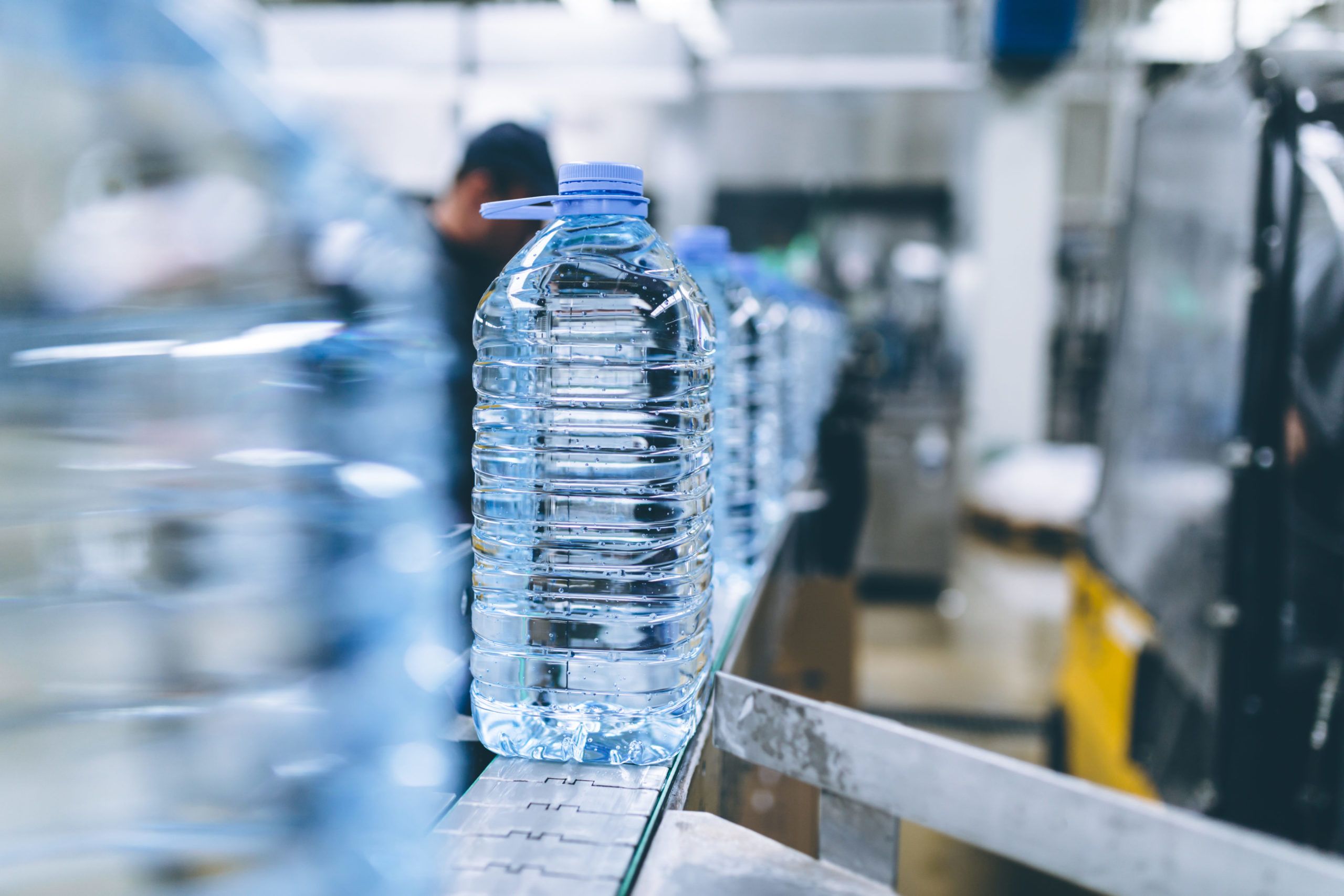“Food companies are in the bull’s eye of climate change, and hotter temperatures are making water one of the biggest risks to the $5 trillion industry’s bottom line,” a recent analysis of food companies’ exposure to water risks reveals.
Climate change is causing both extreme rain and extreme droughts, leading to issues not just around water shortages, but increased risk from insufficient water management and inadequate infrastructure. How corporations respond to these threats can vary according to a recent report entitled “Feeding Ourselves Thirsty,”
Ceres, a nonprofit focused on working with investors to encourage sustainable practices at large corporations, analyzes 42 of the world’s largest food companies’ water practices across the packaged foods, beverages, agricultural products and meat industries using data from financial statements, corporate sustainability reports and survey responses. The study is a follow-up from a similar one from 2015, and shows some progress in terms of reporting and transparency, but less in terms of proactive action.
The top scoring companies were Nestle, Unilever, Coca-Cola and PepsiCo.
Nestle is a controversial player in the world of water, consistently warring with local municipalities for rights to bottle spring water, but the report rewards disclosure of water risk exposure, proactive evaluation of future water risk, and incorporation of water risks into business planning.
In fact, 83% of the companies evaluated make some formal risk assessment regarding water. 75% make some form of public disclosure of water metrics such as water use or wastewater discharge.
The lowest scoring company was Monster Beverage with a score of zero along with Pilgrim’s Pride and Chiquita Brands, each scoring one.
First Losses Roll In
The financial risk of climate change is no longer theoretical. A drought in Brazil in 2016 led Fresh Del Monte to lose $2.5 million and abandon some growing areas in the country. The company is ranked 39 out of 42 companies in the report with a score of eight out of 100.
In 2017, Coca-Cola and PepsiCo lost more than 1 million retailers in Tamil Nadu, India when a drought left a bottling operation competing with the local populations for groundwater. Coca-Cola and PepsiCo received relatively high overall scores in the analyses (72 and 70 respectively).
A recent MSCI analysis of food companies valued the global revenue risk from lack of water availability for irrigation or animal consumption at $459 billion. What’s more, $198 billion is at risk from changing precipitation patterns affecting current crop production areas, according to the same analysis.
With figures like this, it’s no wonder that funds and corporations are hearing more concern about water from investors.
“Even five years ago these issues were more addressed by more specialized investors, but mainstream investors really have jumped into the fray,” said Cambria Allen, corporate governance director for the UAW Retiree Medical Benefits Trust, a $59 billion fund and the largest payer of retiree benefits in the US aside from government programs Medicare and Medicaid, at the recent Sustainable Agriculture Summit in Kansas City, Missouri.
The Ceres report backs up this claim; “Some 85 percent of the companies scored in this report cited water as a material risk in their financial filings. More than 90 food companies so far this year have highlighted water risks on their earnings calls with investors.”
In another encouraging sign, the study notes that corporate board interference on the issues of climate and water is correlated with a better score in the study. Additionally, 12 of the 42 companies link water efficiency goals and executive pay – the strongest of these links put in place by Dean Foods, J.M. Smucker, Molson Coors and WhiteWave Foods.
The average company score increased by 10 percent since the 2015 study with Nestle and Smithfield making the largest improvements. Packaged food and beverage companies were the best performers overall with agriculture products and the meat industry continuing to lag.
The report concludes that investor pressure from both institutional and individual investors is effective. And increasingly, investors are making sure that large food players are making moves to control their water futures. Shareholder proposals on the topic of water rank at number three behind climate change and deforestation, according to Ceres water program manager Eliza Roberts.
Read the full report here for detailed company rankings.





